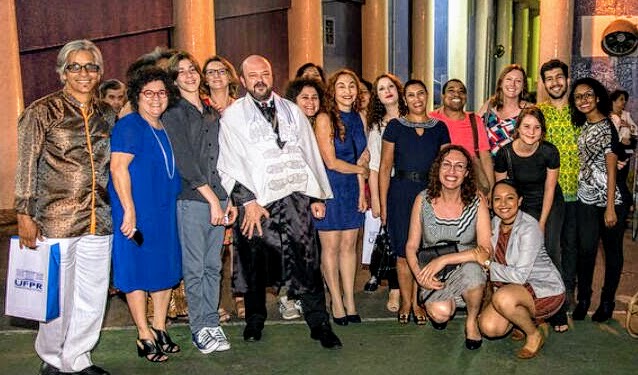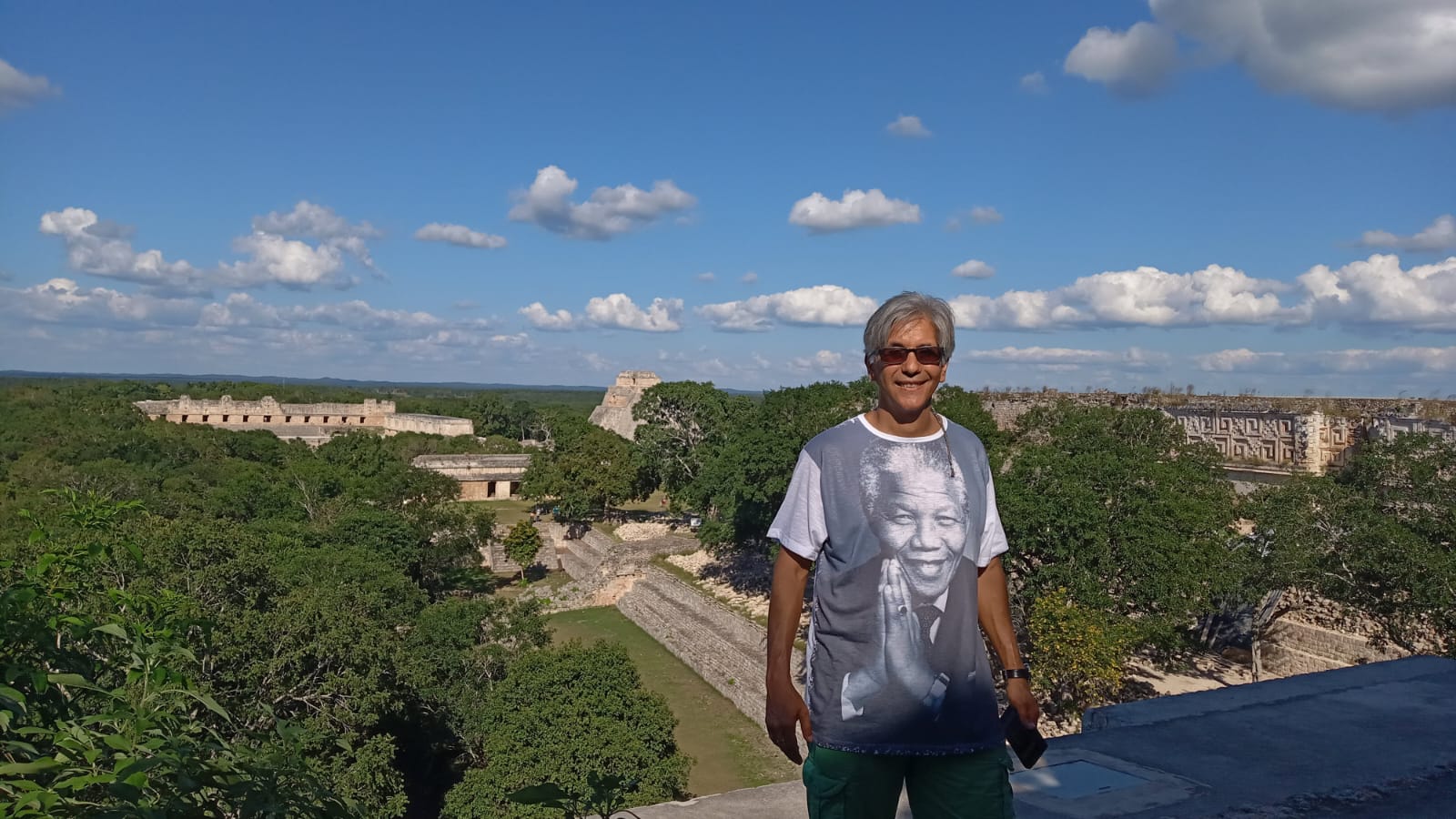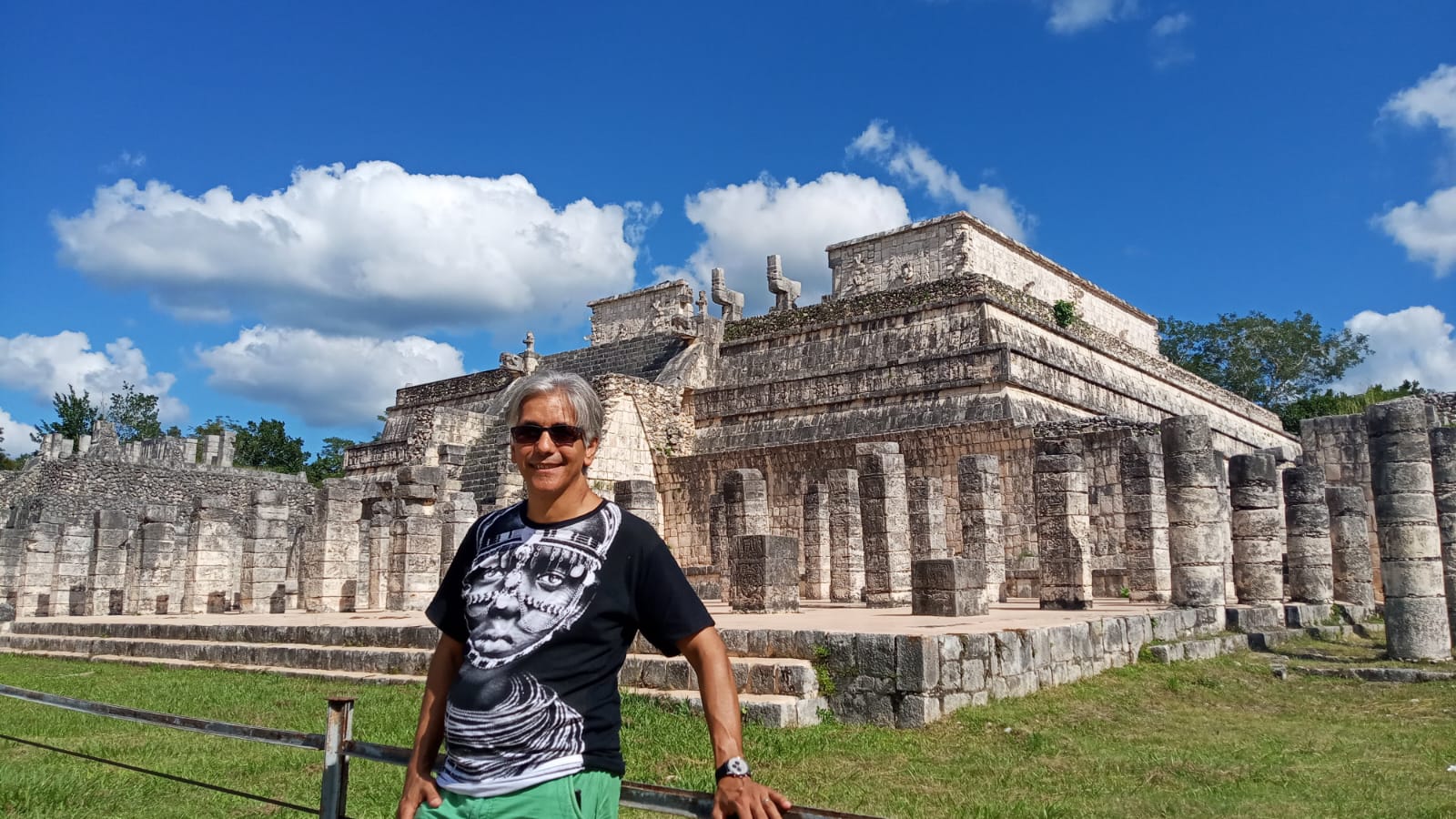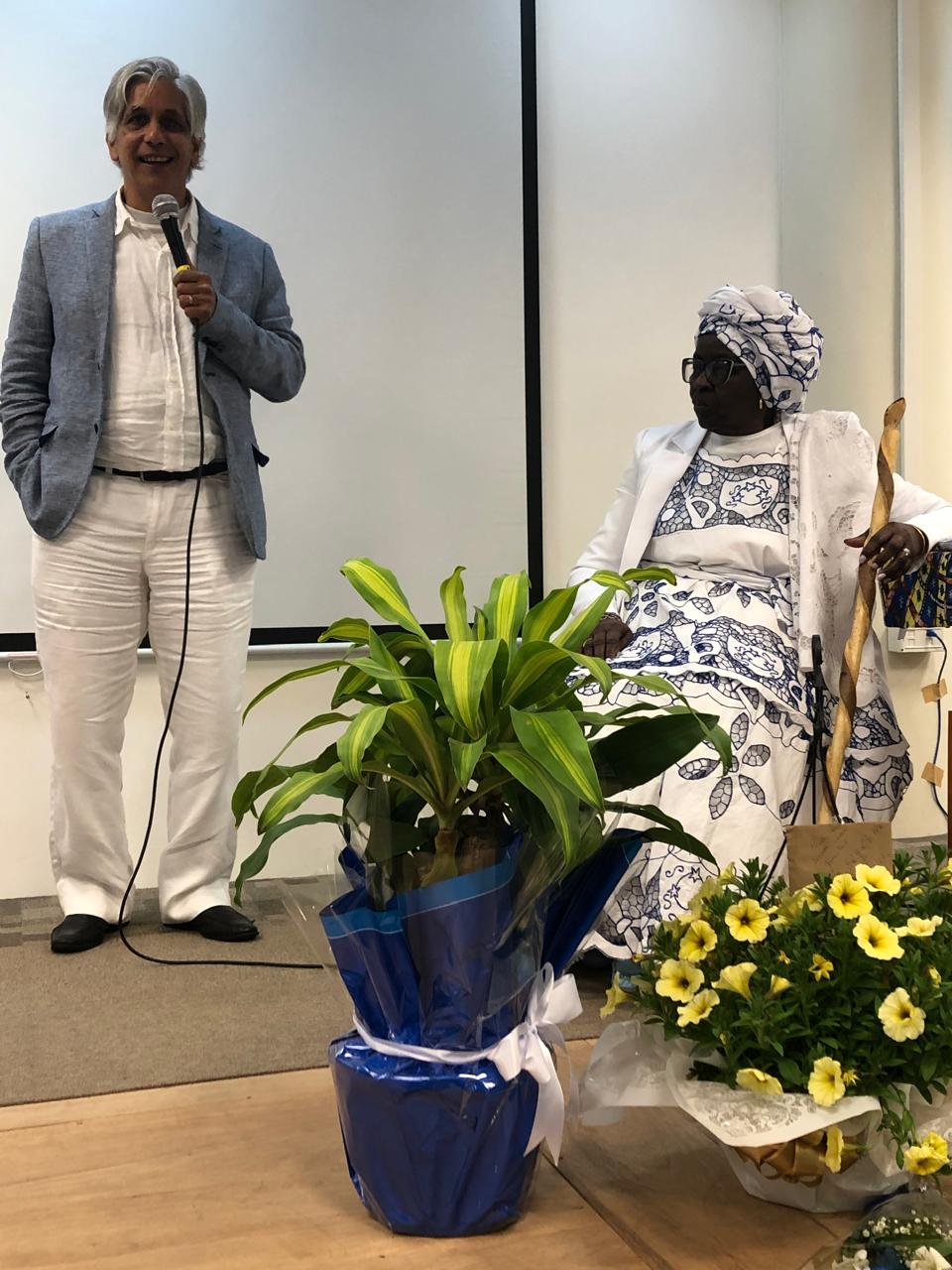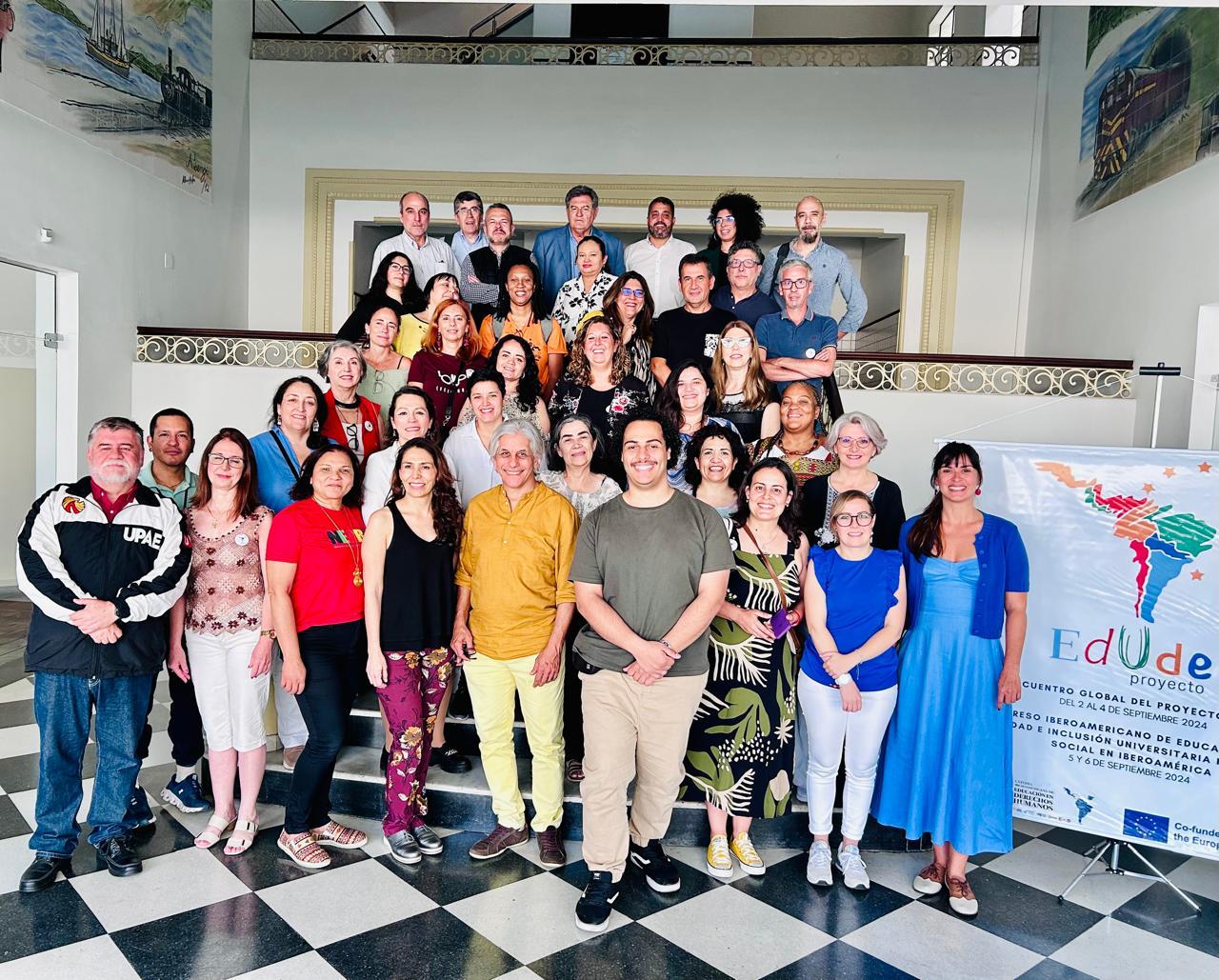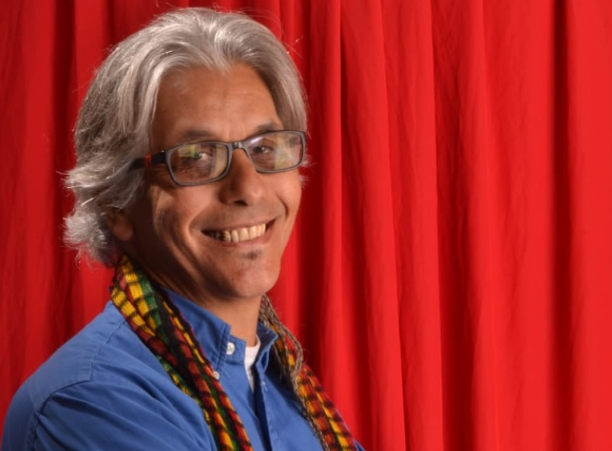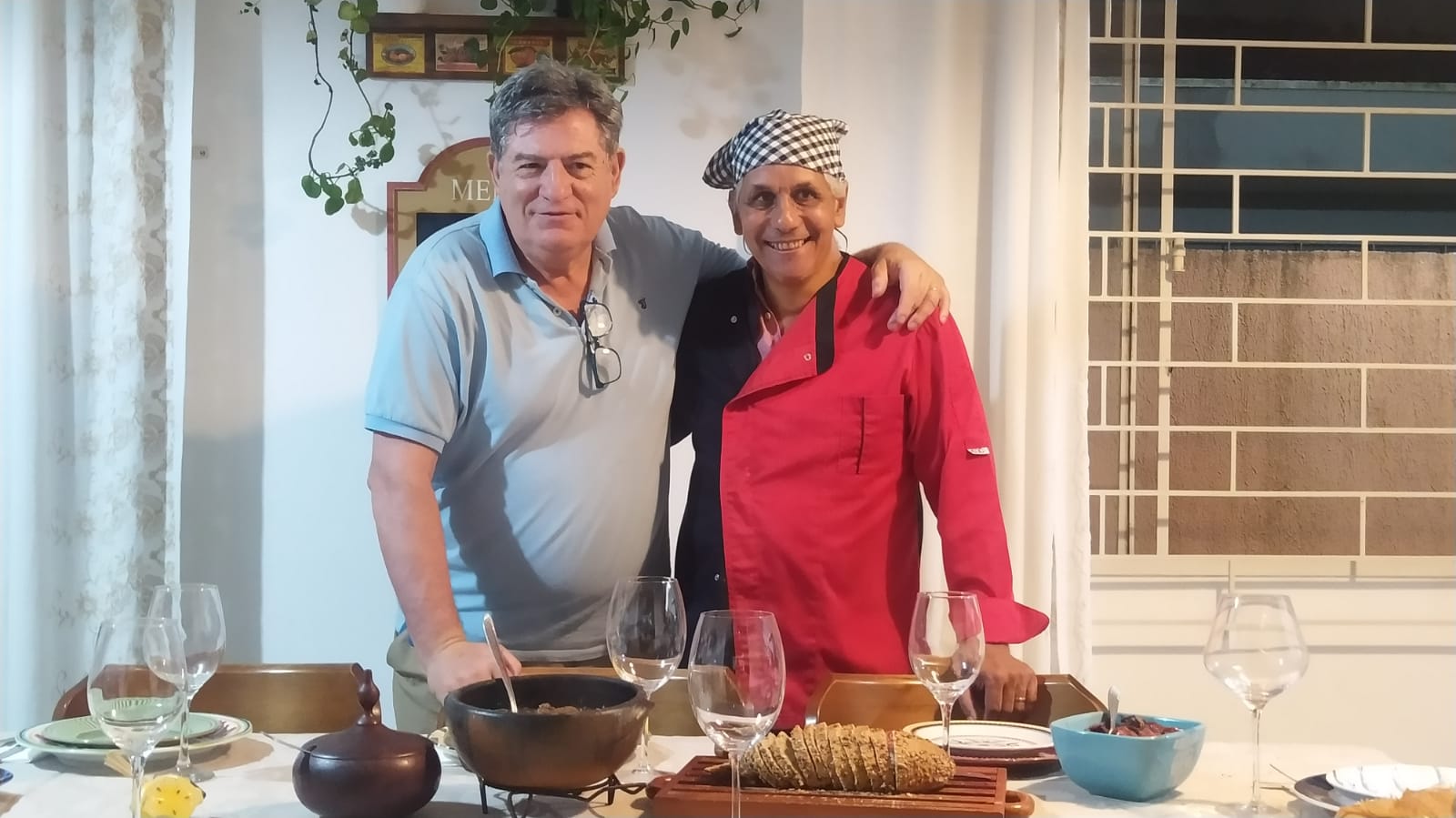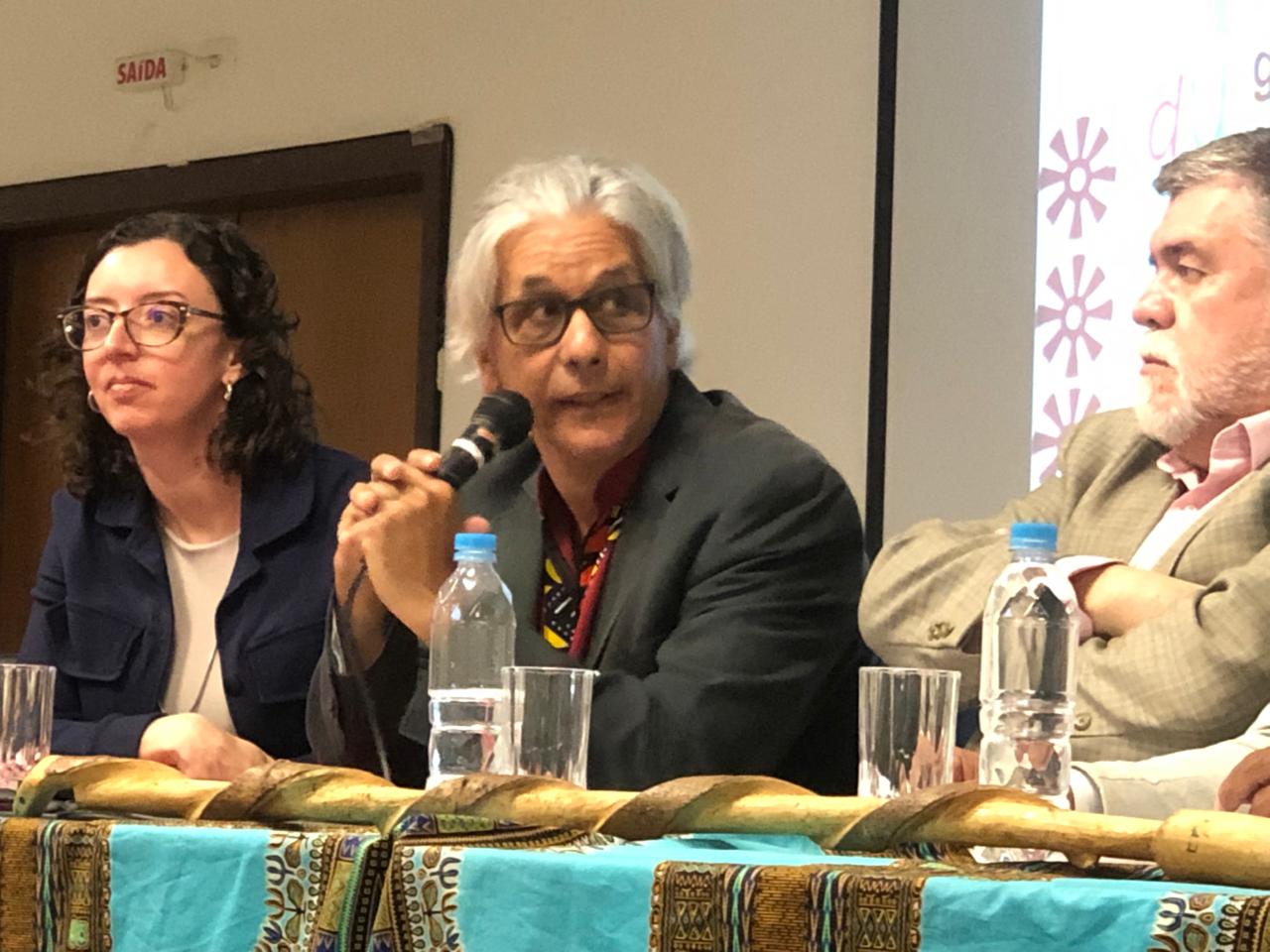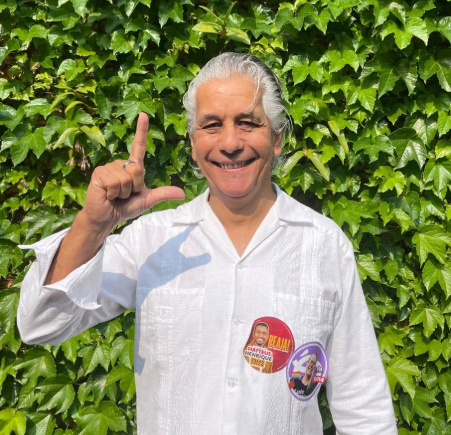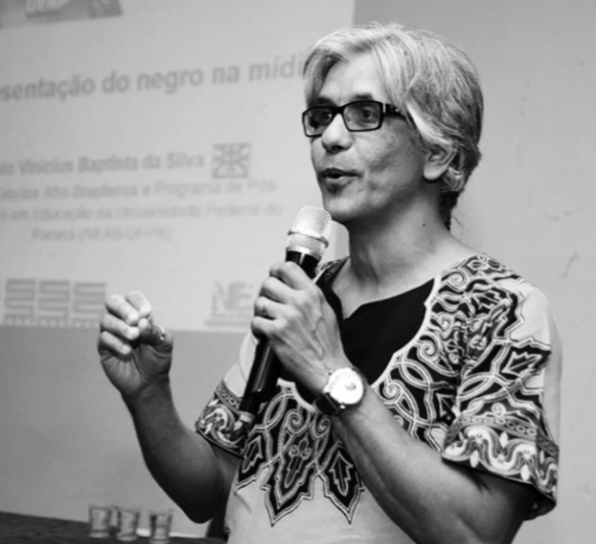On October 29, 2024, the world lost Paulo Vinicius, who passed away suddenly at the age of 59. His departure leaves a deep void, but also a legacy of tireless work for public education, inclusion in higher education, and social activism. His impact was significant, not only at the Universidade Federal do Paraná (UFPR) in Curitiba, Brazil, but also across Latin America and Africa, where he contributed to the cause of equality and access to education for all.
Paulo Vinicius was born in Belo Horizonte, Minas Gerais, into a working-class family. His mother, doña Eugênia, was a key figure in his life, inspiring him to value knowledge and education. Throughout his life, Paulo Vinicius stood out for his intellectual generosity and his firm commitment to social inclusion.
Academic and Professional Trajectory
He moved to Curitiba to train as an air traffic controller, but soon discovered his true vocation: psychology and education. He graduated in 1991 from UFPR, where he later completed his master’s degree and earned his PhD at the Pontifical Catholic University of São Paulo (PUC-SP). His thesis on racial relations in Portuguese language textbooks marked a milestone in the fight against racism in education.
Throughout his career, Paulo Vinicius became a reference in Education for Ethnic-Racial Relations, leading research and shaping generations of students committed to social justice and antiracism.
Commitment to Diversity and Inclusion
In 2017, Paulo Vinicius was appointed superintendent of Diversity, Inclusion, and Affirmative Policies at UFPR, where he promoted policies to ensure the access and retention of Afro-descendant and low-income students in higher education. He was an unwavering advocate for quotas and an ally to social movements.
His work was key in creating and implementing the Inclusion Goals Plan in 2004, which promoted equal opportunities in academia.
A Legacy of Humanity and Warmth
In addition to being an academic leader and activist, Paulo Vinicius was an exceptional human being. He loved nature, cooking, soccer, and Brazilian traditions such as samba and cachaça. He was an excellent host, always ready to share moments with friends and colleagues. His commitment to the university went beyond formal teaching, aiming to create a space for encounter, celebration, and learning.
An Unforgettable Leader
As a host of the III Ibero-American Congress on Education in Human Rights and the I Global EDUDER Meeting, Paulo Vinicius left an indelible mark on the hearts of all participants. His legacy lives on in the policies he defended, the students he shaped, and the projects he led.
Paulo Vinicius’s work in the EDUDER project continues to inspire future generations. His fight for diversity, human rights, and inclusive education remains a beacon for all those striving for a more just world.
Paulo Vinicius leaves an eternal legacy and becomes an ancestral guide for all those who continue his work and fight for a more inclusive future.

